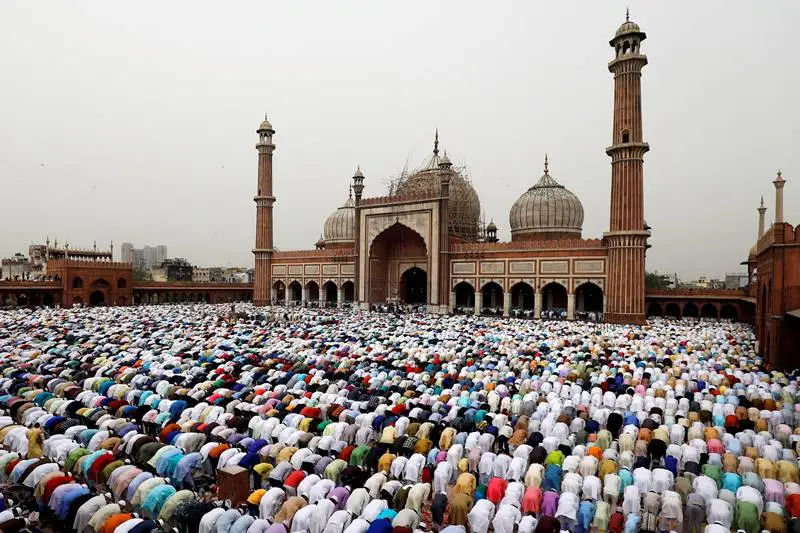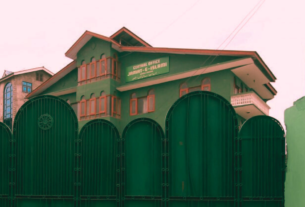Eid-ul-Fitr, also known as the Festival of Breaking the Fast, holds significant cultural and religious importance in the Islamic calendar. As Muslims worldwide prepare to commemorate this joyous occasion, it’s essential to understand the history, significance, and various aspects of the celebrations associated with Eid-ul-Fitr.
What is Eid-ul-Fitr?
Eid-ul-Fitr marks the end of Ramadan, the holy month of fasting observed by Muslims worldwide. It is one of the two major Islamic holidays, the other being Eid-ul-Adha or the Festival of Sacrifice. Eid-ul-Fitr is a day of rejoicing, gratitude, and communal celebrations that signify the spiritual growth and devotion experienced during Ramadan.
Date of Eid-ul-Fitr 2024
The exact date of Eid-ul-Fitr is determined by the sighting of the moon, following the lunar Islamic calendar. In 2024, Eid-ul-Fitr is expected to be celebrated on Thursday, April 25th, although the precise date may vary depending on moon sighting observations in different regions.
History and Significance
The historical origins of Eid-ul-Fitr can be traced back to the time of Prophet Muhammad (peace be upon him) and the early days of Islam. It is believed that the Prophet Muhammad received revelations from Allah (God) through the Angel Gabriel during the month of Ramadan, culminating in the completion of the Quran.
Eid-ul-Fitr is a celebration of the spiritual journey undertaken during Ramadan, which includes fasting from dawn till dusk, increased prayer and devotion, acts of charity, and self-reflection. It is a time for Muslims to express gratitude for the blessings received and to seek forgiveness for any shortcomings or mistakes.
Rituals and Traditions
The celebrations of Eid-ul-Fitr typically begin with the sighting of the new moon, which marks the end of Ramadan. Muslims gather for special Eid prayers, known as Salat-ul-Eid, held in mosques, open spaces, or designated prayer grounds. The prayers are followed by a sermon, emphasizing the themes of unity, compassion, and gratitude.
One of the most beloved traditions of Eid-ul-Fitr is the giving of Zakat al-Fitr, a form of charity that is obligatory for every Muslim. Zakat al-Fitr is usually given before the Eid prayers and is intended to ensure that the less fortunate members of the community can also partake in the festivities.
Another hallmark of Eid-ul-Fitr celebrations is the sharing of delicious meals and sweets with family, friends, and neighbors. Special Eid dishes vary across cultures and regions but often include traditional delicacies like biryani, kebabs, sweets such as baklava, and festive drinks.
Festivities and Joyous Atmosphere
Eid-ul-Fitr is a time of joy, togetherness, and celebration within the Muslim community. Homes and streets are adorned with colorful decorations, and people dress in their finest attire, often new clothes purchased specifically for Eid. Children receive gifts and money, known as Eidi, from elders and relatives, adding to the festive spirit.
Community gatherings, feasts, and cultural events are organized to mark the occasion, fostering a sense of unity and camaraderie among Muslims of all ages. It is also a time for forgiveness, reconciliation, and strengthening bonds with family and friends.
Conclusion
Eid-ul-Fitr embodies the essence of Islam’s teachings of compassion, generosity, and devotion. It is a celebration that transcends borders and unites Muslims worldwide in a shared sense of faith and cultural heritage. As Muslims prepare to observe Eid-ul-Fitr 2024, it is a time to reflect on the blessings of Ramadan, express gratitude, and spread joy and goodwill to all.
Eid Mubarak!





